In addition to Weibo, there is also WeChat
Please pay attention

WeChat public account
AutoBeta


2024-11-22 Update From: AutoBeta autobeta NAV: AutoBeta > News >
Share
AutoBeta(AutoBeta.net)05/31 Report--
Nissan has decided to withdraw from the South Korean market by the end of 2020. The strained political and trade relations between Japan and South Korea, coupled with the impact of the epidemic, Nissan has been unable to continue to operate in South Korea, and sales have dropped sharply.
The withdrawal from the South Korean market is part of a four-year development plan for Nissan. It is understood that Nissan brand models and Infiniti in South Korea after-sales service will continue until 2028.
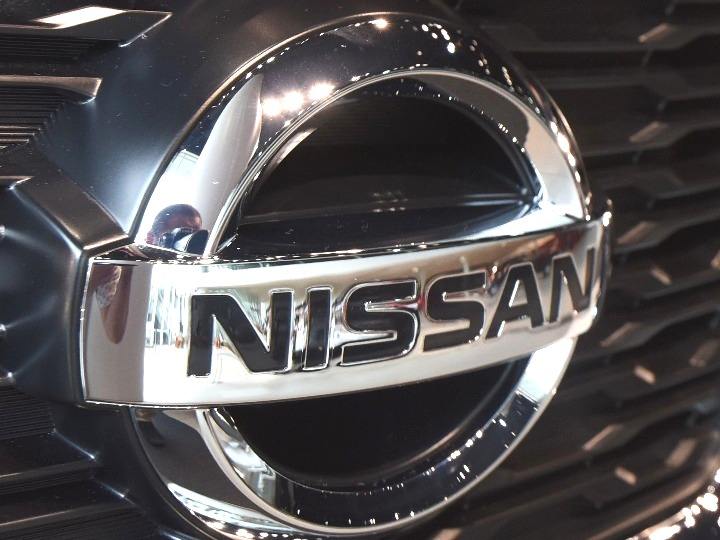
Nissan said: "our conclusion is that despite efforts at home and abroad to maintain its operations, it is difficult to restore South Korea's sustainable growth structure due to the deterioration of the operating environment at home and abroad."
Nissan's market share in south Korea has long lagged behind other Japanese competitors, with sales of only 3581 vehicles in south Korea from January to august 2019, down 27 per cent from a year earlier and far behind Toyota.
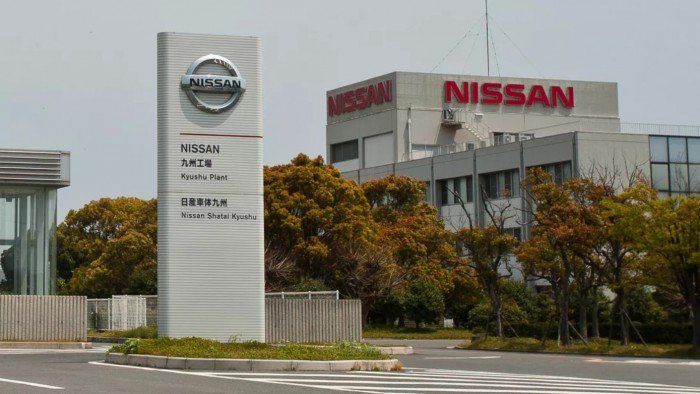
Nissan posted a loss in fiscal 2019, forcing Nissan to look at its future.
Nissan released its consolidated results for fiscal year 2019 (April 2019 to March 2020) on May 28th, showing that its final net profit fell to a loss of 671.2 billion yen (44.5 billion yuan), compared with a profit of 319.1 billion yen in the previous fiscal year. The loss was huge, approaching the 1999 fiscal year in which former chairman Carlos Ghosn was determined to implement reforms (a loss of 684.3 billion yen). Thus it can be seen that Nissan is once again "driving backwards" in the world.
In other figures, Nissan's sales in fiscal 2019 were 9.8788 trillion yen, down 14.6% from the previous fiscal year, while global sales fell 10.6% to 4.93 million vehicles.
At the results conference, Nissan also unveiled a four-year development plan to achieve sustainable growth, financial stability and profitability by the end of fiscal year 2023. By implementing the plan, Nissan aims to achieve a 5 per cent operating margin and 6 per cent global market share (including the performance of Nissan's joint ventures in China) by the end of fiscal year 2023.
The implementation plan includes a 20% reduction in global production capacity and the establishment of a system with an annual production capacity of 5.4 million vehicles. Nissan will close its factory in Indonesia, negotiate to close its plant in Barcelona, Spain, and withdraw from sales in the South Korean market. The fixed fee in fiscal year 2020 is 300 billion yen lower than that in fiscal year 2018. On the other hand, Nissan's core business is concentrated in Japan, China and North America, launching 12 models in the next 18 months.
Along with the decline in business, Nissan had previously announced plans to cut a total of 12500 jobs worldwide.
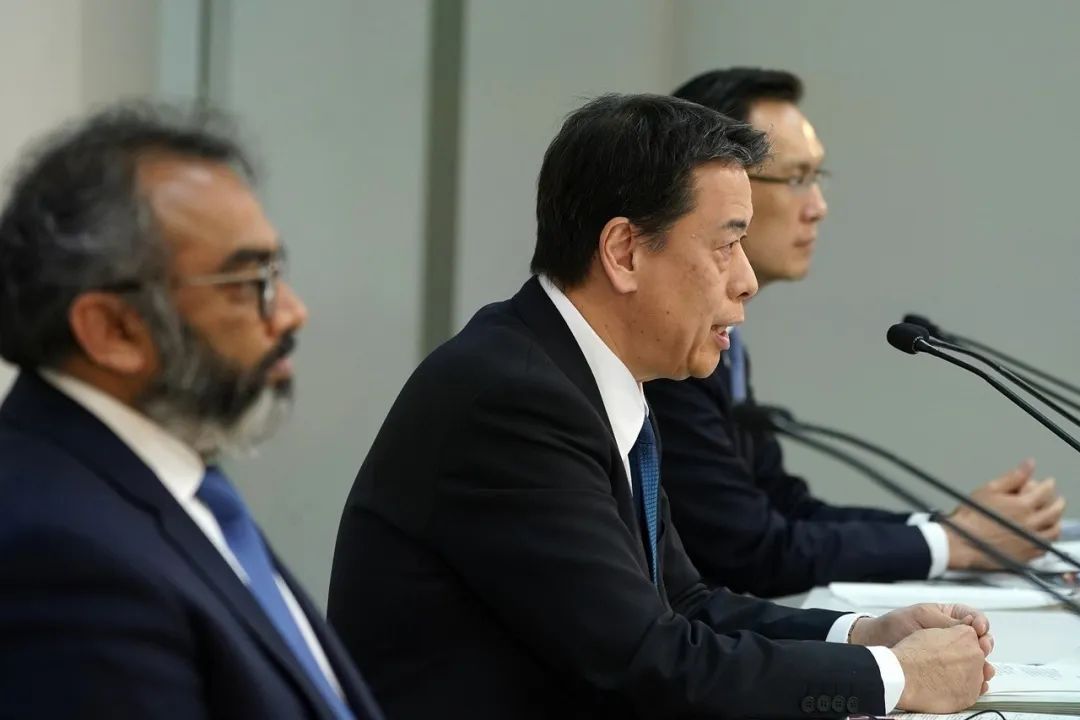
Former chairman Carlos Ghosn financial scandal erupted, Nissan experienced a moment of turmoil, the former CEO Hiroshi Nishikawa was also forced to step down, the 54-year-old chief executive director of the current CEO position.
Mr. Uchida angrily told shareholders that if he failed to improve Nissan's profitability, they would fire him immediately. Whether the four-year development plan, drawn up by Uchida, can recover Nissan from the shaky situation will be the key to his succession.
Welcome to subscribe to the WeChat public account "Automotive Industry Focus" to get the first-hand insider information on the automotive industry and talk about things in the automotive circle. Welcome to break the news! WeChat ID autoWechat
Views: 0
*The comments in the above article only represent the author's personal views and do not represent the views and positions of this website. If you have more insights, please feel free to contribute and share.







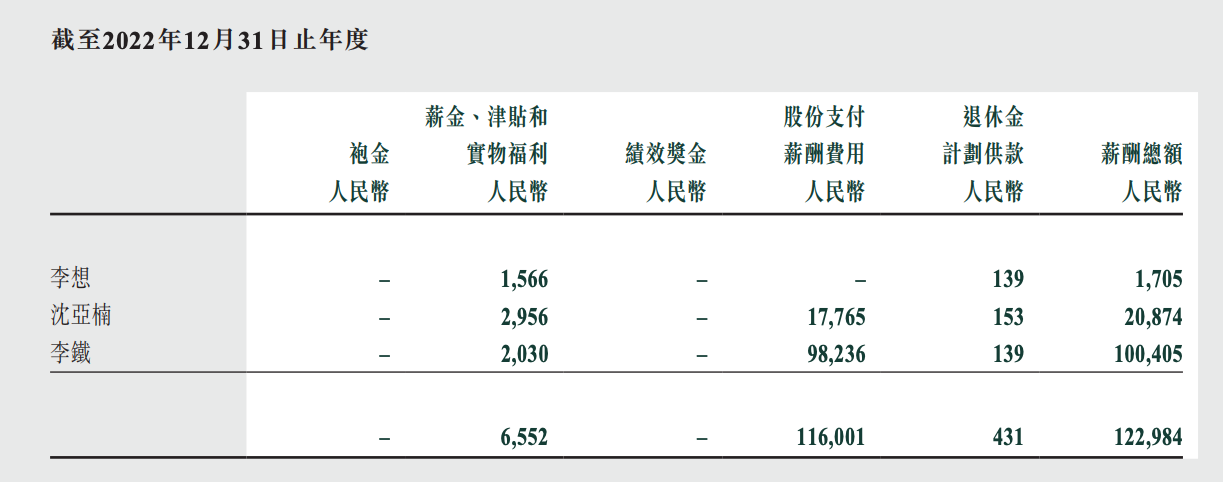
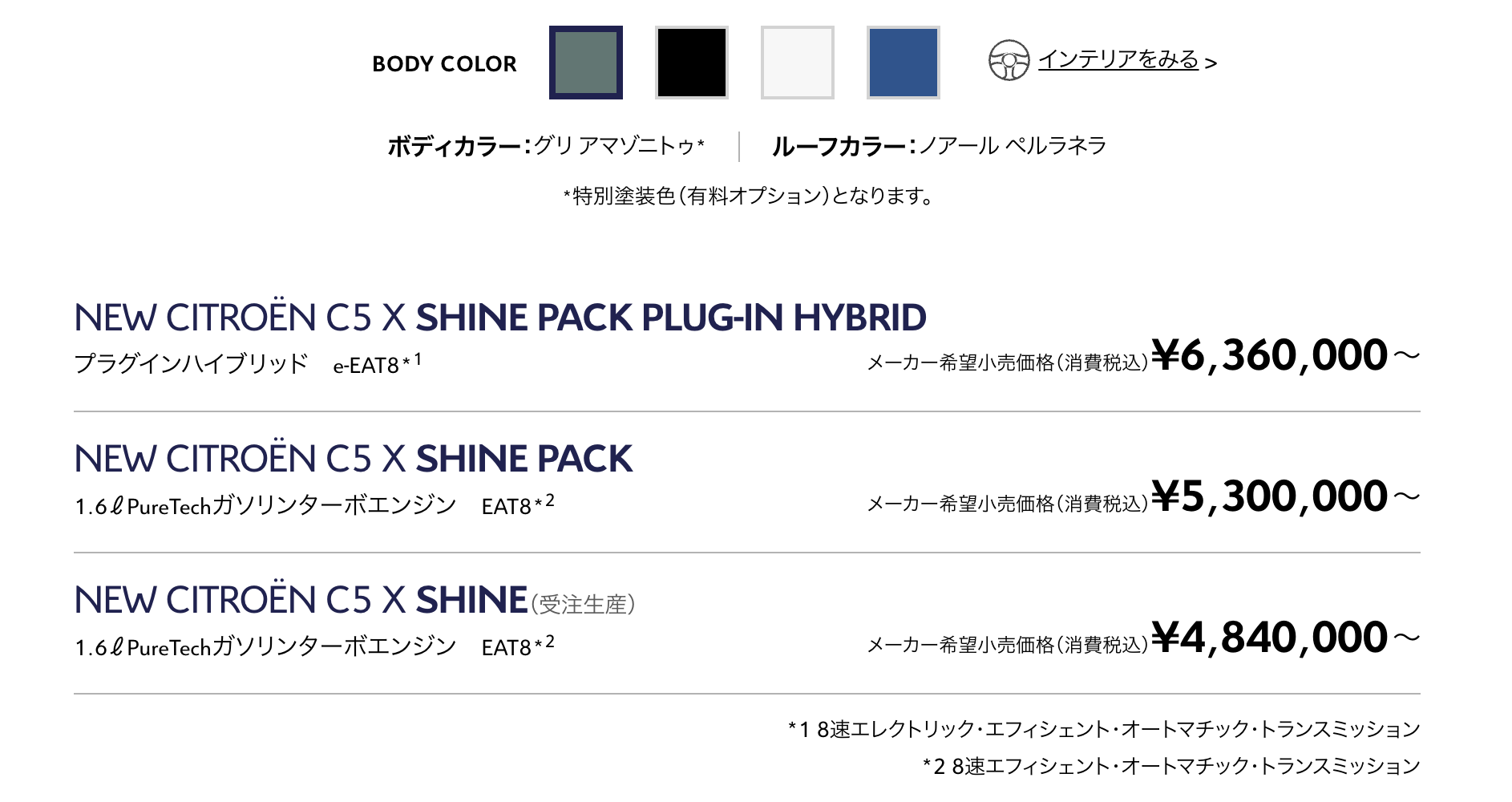


© 2024 AutoBeta.Net Tiger Media Company. All rights reserved.